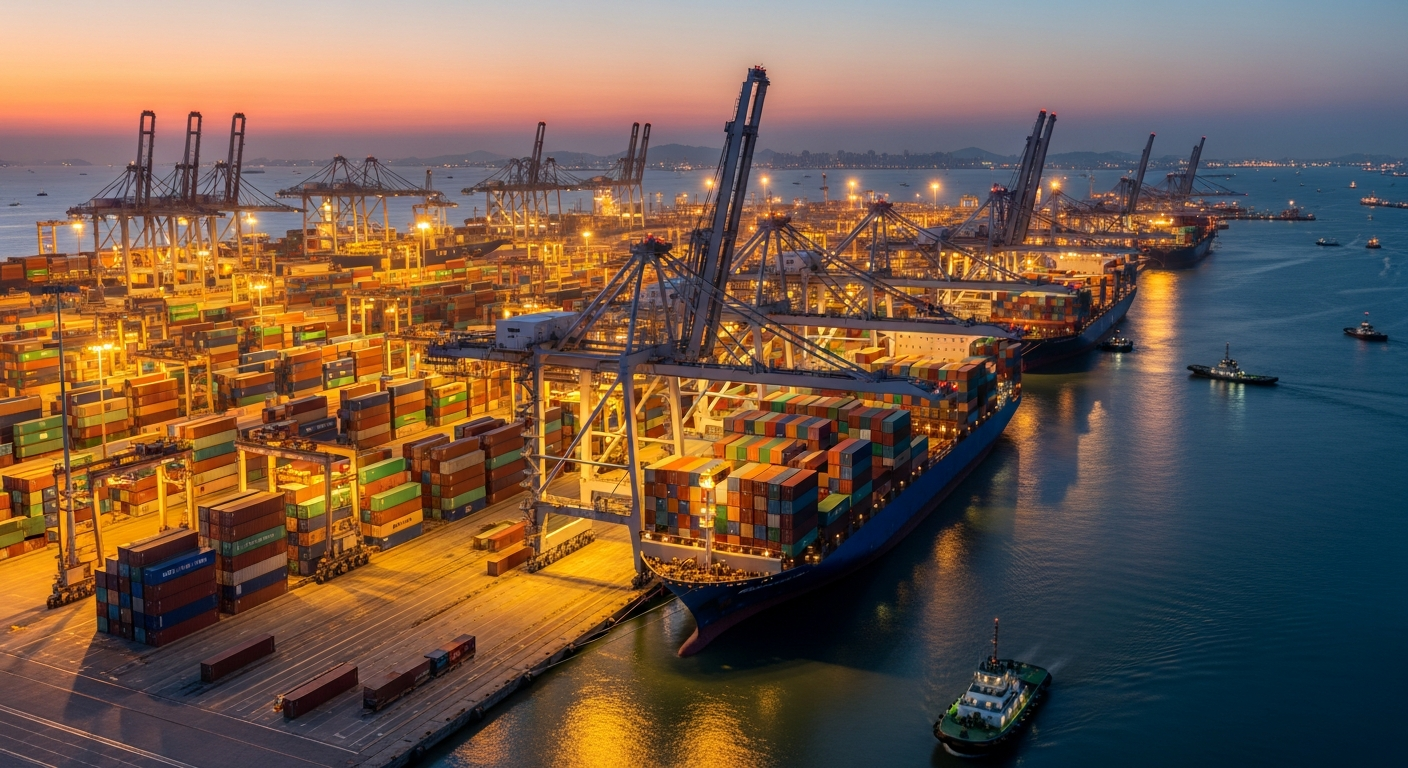Title: Navigating the Complexities of Admiralty Law
Introduction: In the vast realm of legal systems, admiralty law stands as a unique and fascinating field, governing maritime commerce and navigation. This specialized area of law, deeply rooted in ancient traditions yet constantly evolving, plays a crucial role in regulating international trade, resolving disputes on the high seas, and ensuring safety in maritime operations. As global shipping continues to expand, understanding the intricacies of admiralty law becomes increasingly important for legal professionals, maritime industry workers, and anyone interested in the intersection of law and seafaring.
During the Middle Ages, maritime codes such as the Hanseatic League’s laws and the Rolls of Oléron further refined and codified maritime legal principles. These codes addressed issues such as salvage rights, cargo claims, and the responsibilities of ship owners and captains.
The development of admiralty law in England during the 17th and 18th centuries had a significant impact on its modern form, particularly in common law jurisdictions. The establishment of specialized admiralty courts and the codification of maritime customs into legal precedents helped shape the distinct nature of admiralty law as we know it today.
Jurisdiction and Scope of Admiralty Law
One of the most distinctive features of admiralty law is its jurisdiction, which extends beyond national boundaries to cover incidents occurring on the high seas. This unique aspect of admiralty law reflects the international nature of maritime commerce and the need for a consistent legal framework to govern disputes arising from seafaring activities.
In many countries, including the United States, admiralty cases are heard in federal courts rather than state courts. This ensures uniformity in the application of maritime law across different regions and helps maintain consistency in international maritime disputes.
The scope of admiralty law is broad, encompassing a wide range of maritime-related issues. These include:
-
Shipping contracts and bills of lading
-
Marine insurance
-
Maritime liens and mortgages
-
Collision and salvage claims
-
Personal injury claims of seamen (maintenance and cure)
-
Marine pollution and environmental regulations
-
Piracy and maritime security
Key Principles and Doctrines in Admiralty Law
Admiralty law has developed several unique principles and doctrines that set it apart from other areas of law. These principles reflect the specialized nature of maritime activities and the need for legal solutions tailored to the realities of seafaring.
One such principle is the doctrine of unseaworthiness, which imposes a duty on shipowners to provide a seaworthy vessel for their crew. This duty is absolute and cannot be delegated, making shipowners liable for injuries or damages resulting from an unseaworthy condition, regardless of fault.
Another important concept in admiralty law is the principle of general average. This ancient doctrine requires all parties involved in a maritime venture to share proportionally in losses incurred for the common good. For example, if cargo is jettisoned to save a ship during a storm, all parties with an interest in the voyage must contribute to compensate the owner of the lost cargo.
The concept of salvage is also unique to admiralty law. It provides incentives for the rescue of vessels and cargo in distress by allowing salvors to claim a reward based on the value of the property saved and the risk involved in the salvage operation.
International Conventions and Maritime Law
Given the inherently international nature of maritime activities, admiralty law has been significantly shaped by various international conventions and agreements. These conventions aim to harmonize maritime laws across different jurisdictions and provide a framework for resolving disputes arising from international shipping.
Some of the most important international conventions in maritime law include:
-
The United Nations Convention on the Law of the Sea (UNCLOS)
-
The International Convention for the Safety of Life at Sea (SOLAS)
-
The International Convention for the Prevention of Pollution from Ships (MARPOL)
-
The Hague-Visby Rules governing bills of lading
-
The Convention on Limitation of Liability for Maritime Claims
These conventions address a wide range of issues, from territorial sea limits and navigation rights to environmental protection and liability for maritime accidents. Their implementation and interpretation form a significant part of modern admiralty law practice.
Current Challenges and Future Developments in Admiralty Law
As the maritime industry continues to evolve, admiralty law faces new challenges and opportunities for development. One of the most pressing issues is the regulation of autonomous ships, which are expected to become a reality in the near future. The legal framework surrounding these vessels will need to address questions of liability, insurance, and compliance with existing maritime regulations.
Climate change and environmental concerns are also driving changes in admiralty law. Increased regulation of emissions from ships, the opening of new Arctic shipping routes due to melting ice, and the need for more robust environmental protection measures are all areas where admiralty law is likely to see significant developments in the coming years.
Cybersecurity in the maritime sector is another emerging area of concern. As ships become more technologically advanced and reliant on digital systems, the risk of cyber-attacks increases. Admiralty law will need to adapt to address issues of liability and security in this new digital landscape.
In conclusion, admiralty law remains a dynamic and crucial field of law, adapting to the changing realities of maritime commerce while maintaining its unique traditions and principles. As global trade continues to rely heavily on sea transport, the importance of admiralty law in facilitating commerce, ensuring safety, and resolving disputes on the high seas will only continue to grow.







